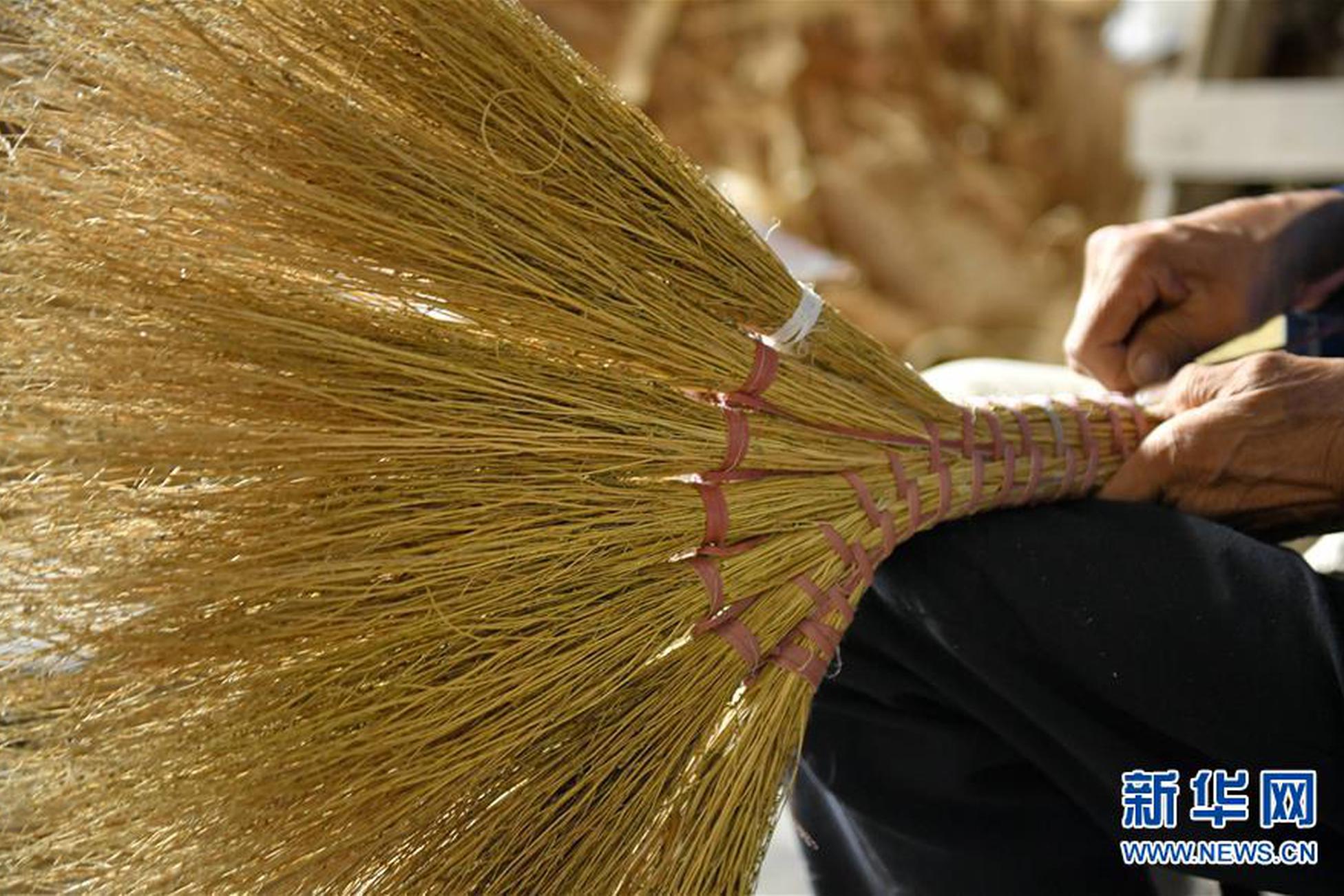# 古代对富商的称呼
## 引言

在中国古代社会,富商大贾不仅是经济的重要支柱,他们的地位和身份也常常受到重视。不同的历史时期和地区,对富商的称呼各有不同。这些称呼不仅反映了商人的社会地位,也展现了当时的文化风俗。本文将为大家介绍一些古代对富商的称呼及其背后的含义。

## 一、商贾

### 1. 定义
“商贾”一词源于《尚书》,意指从事商业贸易的人。它是古代对商业活动的一个统称,通常指代那些通过经商致富的人。
### 2. 意义
“商贾”作为对富商的称呼,强调了其依靠商业活动所获得的财富与地位。在古代社会中,商贾在经济发展中发挥了重要的作用。
## 二、富贾
### 1. 定义
“富贾”是对富有商人的一种直接称呼,其意义明确,形象地说明了这些商人拥有相对庞大的财富。
### 2. 意义
这一称呼突出其富裕的特点,多用来表扬其财富和成功的商业手段。在文学作品中,富贾常被描绘为奢华生活的代表。
## 三、巨贾
### 1. 定义
“巨贾”指的是那些在商业上非常成功、财富极其庞大的商人,常常与豪华、壮观的商业成就相关联。
### 2. 意义
这个称呼强调了商人的实力和影响力,巨贾往往是在社会上有着非常高的地位,他们的活动对市场经济也有着重要的影响。
## 四、商魁
### 1. 定义
“商魁”意指商界的领袖或首领,是对那些有影响力、能够主导商业活动的商人的尊称。
### 2. 意义
这一称呼不仅仅是对富商身份的认可,更是对其智慧与能力的高度评价。商魁往往能够引领一方商业风潮,其决策和方法常常被其他商人效仿。
## 五、豪商
### 1. 定义
“豪商”用来形容那些不仅仅富有,还极具气派和个性的商人,他们的财富往往来源于多种商业活动。
### 2. 意义
豪商在古代社会中通常拥有庞大的资产和良好的社会关系,他们的生活方式和消费习惯展示了那个时代的风尚,甚至有时候成为文化的风向标。
## 结语
通过对这些古代对富商的称呼的了解,我们不仅能更好地理解当时的社会结构和文化背景,也能洞悉商人在中国历史上所扮演的重要角色。希望这篇文章能帮助你更深入地认识古代的商业文化。如果你有更多相关问题或想法,欢迎在评论区留言讨论。